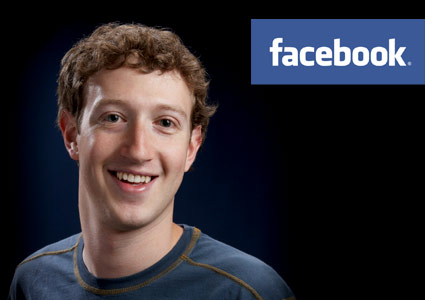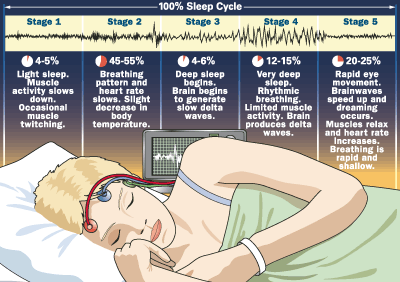Most of us know Mark Zuckerberg as the CEO of Facebook, but there are a lot of interesting facts about this young billionaire that you all must know.
Born : May 14, 1984
Age : 28
1. Type @[4:0] in a Facebook comment, and Mark Zuckerberg’s name will appear.
2. As a teenager Mark was an aethist.
3. Mark’s father Edward Zuckerberg enrolled Mark in a graduate computer course at a nearby college. When his father accompanied Mark to the college at the first class, the instructor looked at Edward and said, pointing to Mark, “You can’t bring him to the classroom with you.” Edward informed the instructor that his son Mark was the student.
4. Mark and his sisters loved to play pranks. Once, Mark and his sister Randi pulled a prank on New Year’s Eve of 1999 that was memorable for Mark Zuckerberg. During that time, everyone was upset about Y2K, which was the theory that a bug in a computer data programming would ruin many of the computerised systems of the world when the year turned to 2000. Mark knew that his parents were apprehensive about Y2K, so he, with his sister, waited until exactly midnight and then shut down the power in their house so as to make his parents think the fears about Y2K had actually come true.
5. Mark, along with his classmate, at Phillips Exeter Academy wrote a music program called Synapse. The program used artificial intelligence to analyse a user’s music listenting habits and used that information to recommend other music.
6. The program got a lot of favourable reviews that both AOL and Microsoft showed interest in buying it for around $1 million. Also, they wanted to hire Mark to develop it, but he would have to drop out of school, so he refused.
7. He joined a Jewish fraternity, Alpha Epsilon Pi. At a party one Friday night, Mark met Priscilla Chan, a Chinese American from Boston. They would later begin dating. Priscilla Chan later expressed her first impressions of Zuckerberg : “He was this nerdy guy who was just a little bit out there.”
8. To be able to communicate with his girlfriend Priscilla Chan’s family members, Zuckerberg started to learn Chinese in 2010.
9. At the beginning of the sophomore year, Mark developed Course Match, the program that enabled students/users to decide what college courses they wanted to opt for based on what other students at their school were choosing.
10. He also invented Facemash, a program that was created with the purpose of finding out who was the most attractive person on campus. However, this was more like the pranks he used to play as a child.
11. The domain name Facemash.com, the predecessor to Facebook that Zuckerberg built in 2003, was sold in 2010 for $30201.
12. In 2009 Mark Zuckerberg wore a tie for the entire year as a symbol of how serious and important the year was following the recession that began in 2008.
13. In 2011, Zuckerberg turned vegetarian and said he would only eat meat of animals that he killed himself.
14. Zuckerberg’s first car was a Subaru Forester SUV.
15. Mark Zuckerberg is also on Twitter as @finkd where he has over 150,000 followers but has posted only 19 tweets in the last three and a half years.
16. Blue is Mark Zuckerberg’s favourite colour, as evident from Facebook’s design.
17. By the time he turned 13, he had already created a basic computer network for his family dubbed “Zucknet,” which allowed the computers in the family and his father’s dental offfice to send messages to each other by pinging.
18. Zuckerberg has also created a few computer games. Once, he developed a computer version of the game Monopoly based on his middle school and a version of the game Risk based on the Roman empire.
19. Zuckerberg’s pet dog Beast is a Puli, a type of Hungarian Sheepdog.
20. Zuckerberg placed a big whiteboard in the hallway of his dormitory suite. Mark would use it to brainstorm with symbols and codes for software. In the words of one of his roommates, Dustin Moskovitz: “He really loved that whiteboard. He awlays wanted to draw out his ideas, even when that didn’t necessarily make them clearer.”
21. Mark Zuckerberg’s interest in programming developed when his parents gifted him the book C++ for Dummies.
22. Mark Zuckerberg has about 50 patents in his name. The first of which was issued in November 2004 for the technology behind the Synapse Media Player.
23. The number of people on who have Mark Zuckerberg on their Google+ circles is roughly half of the number of users who have subscribed to his status updates on Facebook.
24. His favorite musicians include Daft Punk, Lady Gaga, Shakira and Rihanna



